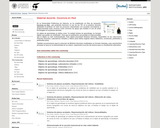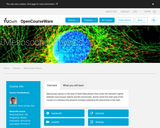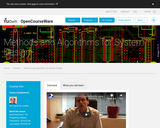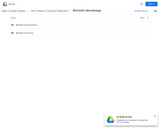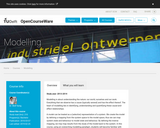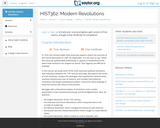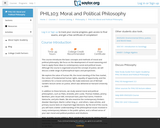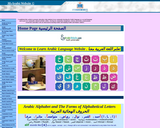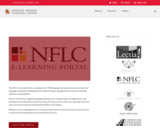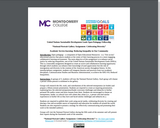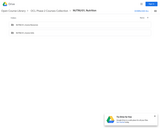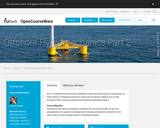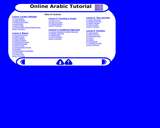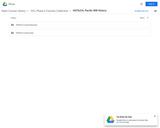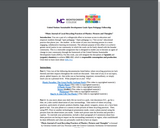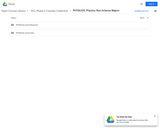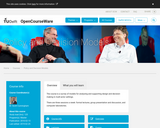![Majors Cellular [or Animal or Plant] (BIOL 211)](https://img.oercommons.org/160x134/microsite-most-prod/media/upload/materials/screenshots/materials-course-1251.png)
This course is the first in a three-course sequence that introduces biology in preparation for advanced study in areas of biological science such as medicine, dentistry, cell biology, microbiology, or veterinary medicine. Biol& 211 introduces students to cellular structure and function. Major topics studied include: energy capture and utilization, cellular reproduction, inheritance, genetic mutation, protein synthesis, gene expression, and biotechnology.
- Subject:
- Biology
- Life Science
- Material Type:
- Assessment
- Full Course
- Reading
- Syllabus
- Provider:
- Washington State Board for Community & Technical Colleges
- Provider Set:
- Open Course Library
- Date Added:
- 05/22/2019

